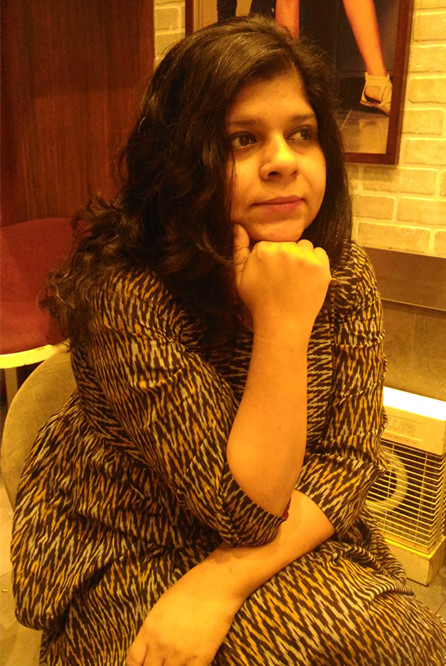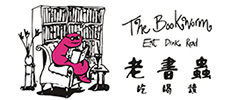Press

8 Questions for Arpita Das;
Bio: Arpita Das
What have you been busy with lately?
With the launch of the Yoda Press fiction list. Since December we have launched three titles in the list and are now working on the fourth.
We are also making plans to launch the Yodakin podcast series.
You are a publisher, an editor, an advisor, a lecturer, you were a bookseller – which is your favourite occupation?
I would have to say that commissioning new books---homing in on one subject that would make an exciting book and approaching the right person to write it and getting her excited about it--- is something I absolutely love to do. And then giving the manuscript shape, developing it with the author. I do also love lecturing publishing students very much. It fills me with hope and a sense of a limitless, exhilarating future when I see young people excited about making books.
What is the biggest challenge for the Indian Publishing Industry nowadays?
Instead of seeing it as a challenge I see it as an opportunity to think in terms of cross-border/media content and how far it will go. Paying lip service to it will only take you so far. Cross-border/media content and knowledge production has to be accomplished in a really imaginative and deep-as-marrow manner. That's when its impact will make itself felt genuinely. Till then, it's just window-dressing.
Additionally to your publishing house you founded the self-publishing platform authors upfront – why did you do that? Does it not interfere with your regular work as a publisher?
Self-publishing is a natural space for an editor who works well with authors because more and more authors will continue to self-publish anyway. With the technology at their fingertips, there's no stopping that. But as an editor I can give these works shape, structure, improve their quality, help pitch them right in the market. And that is exciting. Particularly so with the sort of books I handle at AuthorsUpFront which are mostly by whistleblowers.
New Delhi is the centre of Indian Publishing, Mumbai the centre of the film industry – why?
That's an interesting question. I suppose that is how it historically began and developed. A large part of the publishing industry in Delhi grew out of families who had migrated to Delhi from Pakistan after Partition. Lahore had always been a literary hub. So was Delhi historically. So the emergence of the capital as a publishing hub was, I suppose, an organic development. As for Mumbai, it already had a strong visual tradition via stage in the form of the Marathi Natya and Parsi Theatre, so the film industry had a natural foundation there.
How does your work with the Mumbai Film Festival blend in with your publishing work?
The two verticals I curate at the Mumbai Film Festival are both book-related ones. The first is the Book Award for Excellence in Writing on Cinema, in English and Hindi, where we find and celebrate the most exciting voices in writing on cinema in India. The second vertical, Word to Screen, is an annual market where a curated list of books are pitched for optioning by the authors, publishers or agents to studios and producers in cinema, TV and digital. So with the first one, we are trying to encourage more and improved writing on cinema, and with the second, we are trying to find the best content to translate to screen. It's this convergence of media that I love.
Where do you see the biggest similarities between the two spaces? What are the chances of a closer cooperation?
Well, both tell stories, ultimately. And the better you tell stories, the more closely people will listen. What would really excite me are experiences where book and film tell stories together. I think in the era of VR and AR, a lot of this is now beginning to happen. It remains to be seen how it develops.
Have you ever been to China? What do you expect from your participation at the StoryDrive conference in Beijing?
I have never been to Mainland China. Have been to Taipei recently though. And am incredibly excited, particularly to see the Forbidden City since I was first and foremost a student of history, and will always remain one.
The concept of StoryDrive is thrilling for me, with my own interest in cross-media collaborations, and I hope to meet and engage with likeminded professionals, and learn a lot.









































